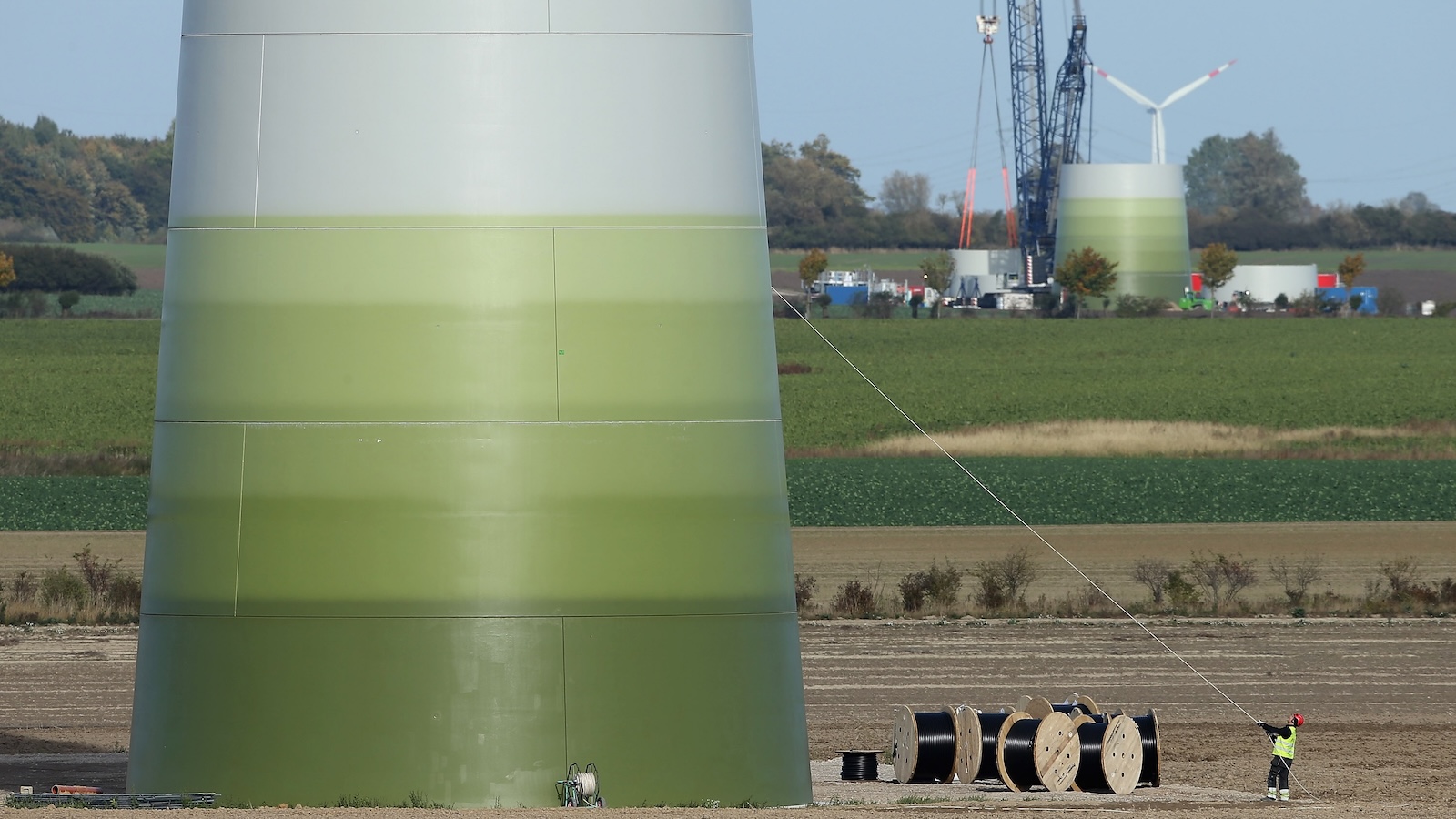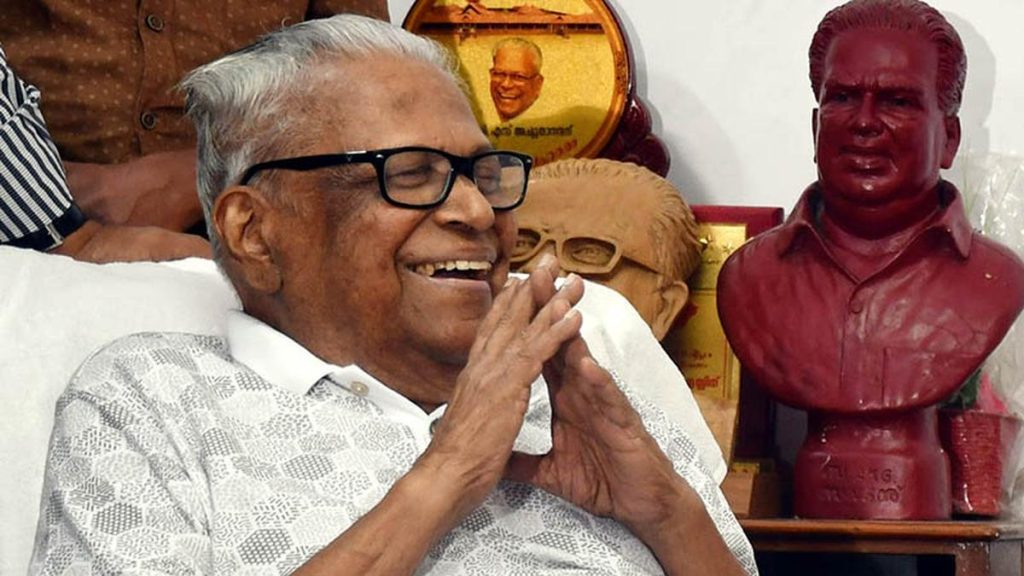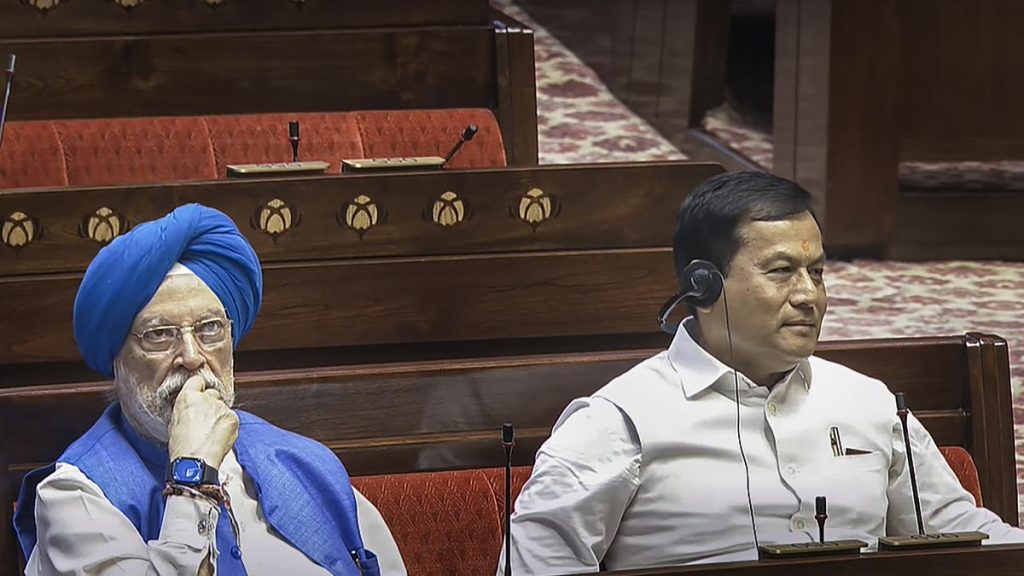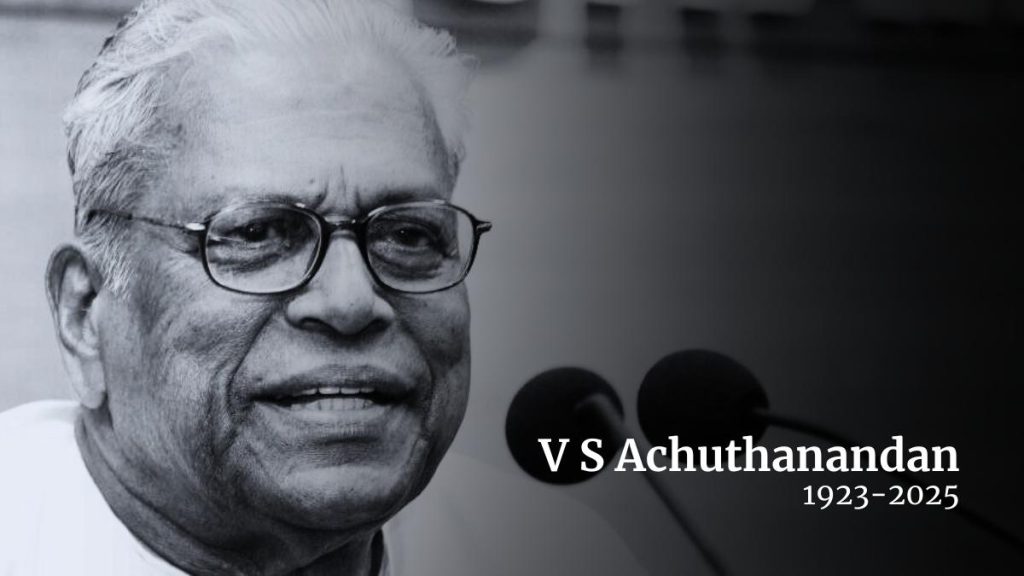Now Reading: Green Backlash Drives Conservative Victory in Germany: What’s Next?
-
01
Green Backlash Drives Conservative Victory in Germany: What’s Next?
Green Backlash Drives Conservative Victory in Germany: What’s Next?

Quick Summary
- Germany’s recent election saw Friedrich Merz from the Christian Democratic Union sworn in as Chancellor, leading a conservative government.
- Merz’s coalition prioritizes economic competitiveness over aggressive climate policies, aiming to reduce electricity bills for households and businesses.
- Energy decarbonization, known as Energiewende, has transformed Germany’s energy mix since the 1990s-but faces challenges including energy costs and resistance to restrictive green laws.
- High energy prices persist due to the war in Ukraine; household electricity rates remain one-third higher than pre-war levels. Natural gas reliance dropped sharply following cuts by Russia after its 2022 invasion of Ukraine.
- The new government plans further renewable energy progress with grid compatibility measures while introducing significant natural gas generation (20 GW by 2030) to address intermittency issues in solar/wind output.
- Critics highlight that investment costs for renewables integration remain high but necessary; structural flaws like rate-setting based on gas prices undermine consumer benefits from renewable sources.
- Germany still adheres to long-term climate goals set by previous governments such as net-zero emissions by 2045.
Image Caption: A worker installs solar panels at a new solar park in 2023 amidst spinning wind turbines-key installations in Germany’s renewable energy push (Credit: Sean Gallup / Getty Images)
Indian Opinion Analysis
Germany’s experience highlights critical lessons for India regarding balancing sustainability and affordability during an energy transition. While decarbonization strategies can achieve substantial emissions reductions-as seen through Energiewende-they also require addressing systemic infrastructure gaps like grid modernizations or storage capabilities. High upfront investment remains central but must prioritize equitable cost-sharing mechanisms among consumers.
India faces similar pressures given its ambitions with renewable deployment amid fluctuating fossil fuel dependencies and inflationary concerns impacting public sentiment on green policies.Learning from Europe’s “green backlash,” Indian policymakers may consider pairing enterprising eco-targets with strong incentives-such as subsidies or efficiency programs geared toward vulnerable populations-to sustain public support across economic cycles.
Further, global disruptions like geopolitical tensions impacting resource security underline the importance of diversifying India’s supply chains alongside accelerating domestic production capacities for critical clean technologies including lithium-based batteries or hydrogen fuels at scale.
germany’s choices serve as both cautionary tales about pitfalls like rate-setting inefficiencies that hinder consumer price relief-and inspiring examples showcasing steady adherence to long-term goals despite political shifts at leadership levels-emphasizing a pragmatic path forward backed by thoughtful governance priorities nuanced between growth imperatives versus climate ambitions within India too.



























